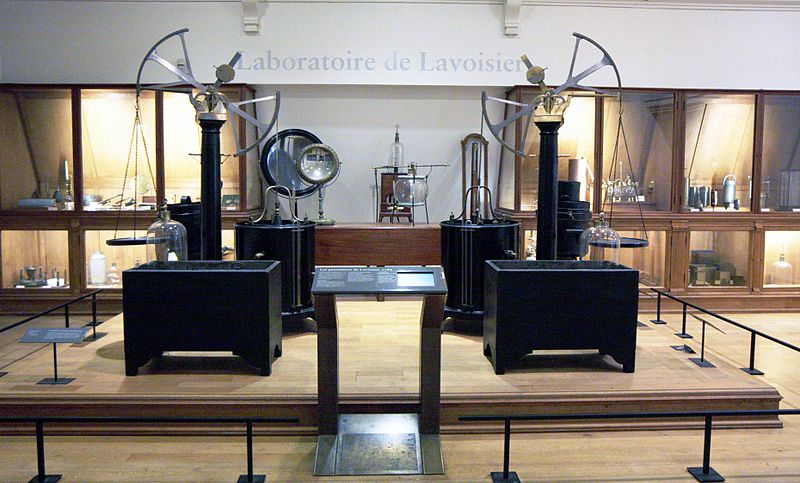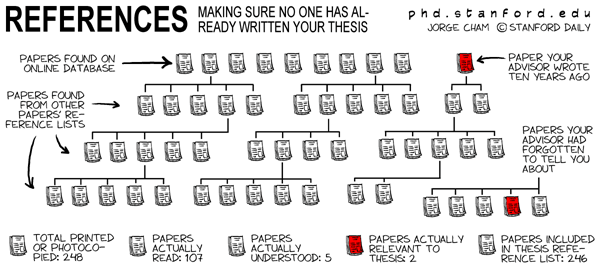 At this chilly, festive time of year I can't seem to keep visions of streaming video from dancing in my head. My new favorite site--launched back in 2008--is SnagFilms. SnagFilms provides free online access to over 1,700 fine documentary films. Many of the titles they offer online can be found on DVD in Lilly Library's collection, but the big hook they provide is free streaming access. No software or downloading is required; a good broadband connection is a plus, of course. And have I mentioned that you can watch the films for FREE???
At this chilly, festive time of year I can't seem to keep visions of streaming video from dancing in my head. My new favorite site--launched back in 2008--is SnagFilms. SnagFilms provides free online access to over 1,700 fine documentary films. Many of the titles they offer online can be found on DVD in Lilly Library's collection, but the big hook they provide is free streaming access. No software or downloading is required; a good broadband connection is a plus, of course. And have I mentioned that you can watch the films for FREE???The site relies on advertising to generate revenue for filmmakers and to support its enterprise. SnagFilms founder, Ted Leonsis, espouses a philosophy of "filmanthropy," and one of the admirable aspects of SnagFilms is that it connects documentary with a mode of action. They tie each film in their library to a charitable effort related to the topic of the film--many of them selected by the filmmaker--so you can learn more and get involved, immediately.
The SnagFilms collection is a fantastic complement to the documentaries placed on Video Reserve every semester at Lilly. Faculty--please opt to "snag" the streaming video titles you assign your students. Build an embeddable playlist and put titles directly in Blackboard. You'll be promoting a worthy site, and your students will be most pleased. Repeat their mantra: "Find. Watch. Snag. Support."
Here is a small sampling of what's available through SnagFilms:
Morgan Spurlock's Super Size Me
(Lilly DVD 3809)
Times of Harvey Milk
by Rob Epstein
(Lilly DVD 14855)










